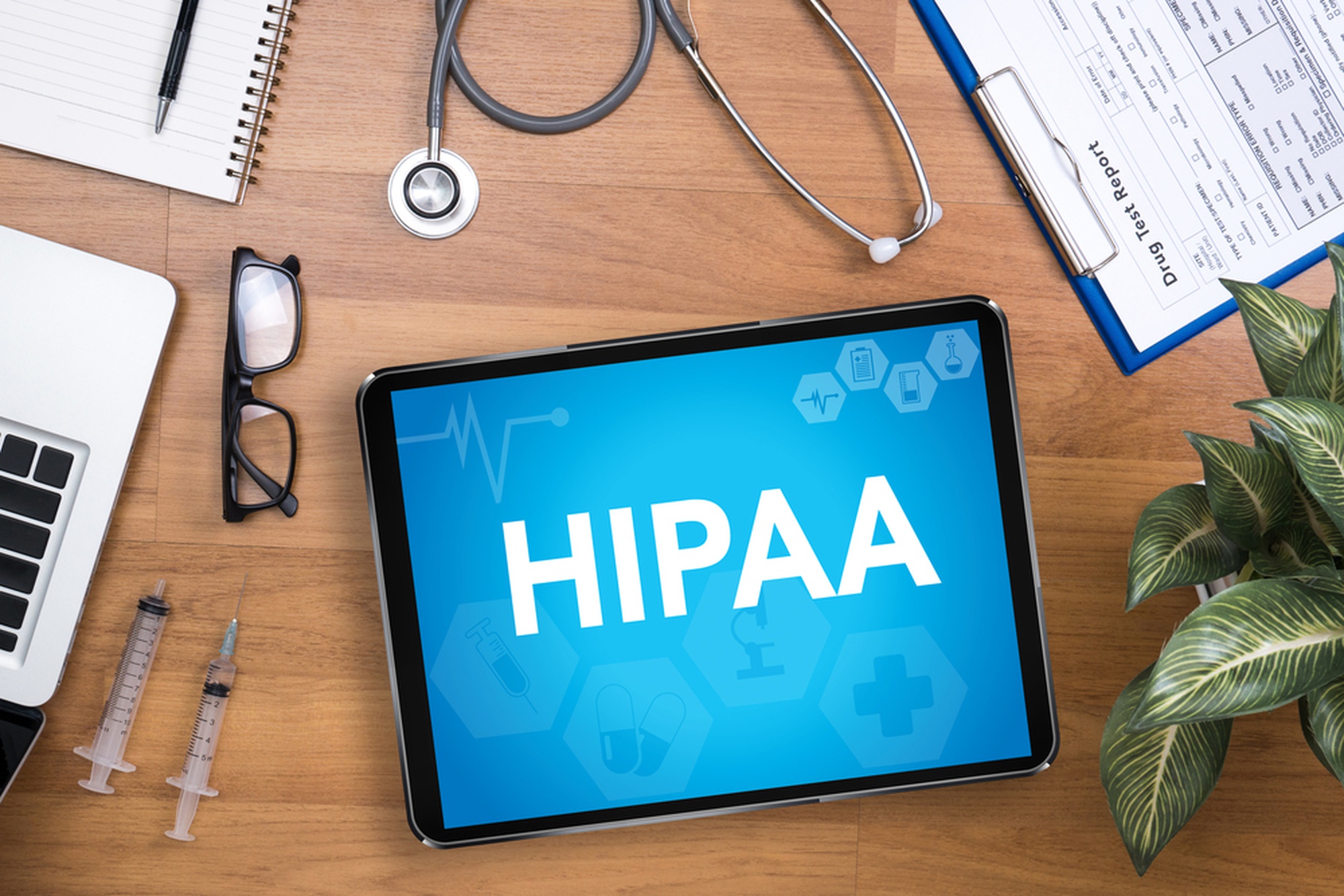In the age of technology that is digital, security of sensitive information is a priority for companies across all industries. Health Insurance Portability and Accountability Act, or HIPAA, is a law that provides guidelines for the healthcare industry on managing information, storage, handling and protecting health information. HIPAA Compliance is important for healthcare institutions to ensure privacy and avoid penalties. It also helps maintain an excellent reputation.

HIPAA encompasses all healthcare providers, healthcare plans, healthcare clearinghouses and business associates. PHI is defined as any information that can be used to identify a person, like names, addresses, credit card details or social security numbers and information about medical procedures and conditions. PHI could be sold on the black market at an expensive price because of the fact that it is used for identity theft.
The HIPAA Privacy Rule provides guidelines regarding the use and disclosure of health-related personal information (PHI). The covered entities are required to implement policies and procedures that safeguard the integrity, confidentiality, and accessibility of electronic personal health information (ePHI). These policies must include access controls, security incident procedures, security education, as well as any other security measures. The covered entities must restrict their use and disclosure of PHI only to what is required to meet the objective to which they are employed or disclosed.
HIPAA’s Security Rule requires that entities that are covered by the rule protect the integrity and confidentiality of ePHI through reasonable and appropriate administrative and physical safeguards. These safeguards include audit controls integrity checks, transmission security plans and contingency plans. The covered entities are also required to conduct periodic risk assessments to identify potential vulnerabilities and then implement measures to minimize the risks.
The HIPAA Breach Notification Rule requires covered entities to notify affected individuals as well as the Secretary of Health and Human Services, and, in some instances media in the occasion of a breach involving unsecured PHI. The law defines breach as the use, acquisition, access, or disclosure of PHI in a manner that is not allowed by the Privacy Rule, which could compromise the privacy or security of the PHI. The entities that are covered by the rule must perform a risk analysis in order to determine if the PHI is at risk and what harm might be resulting from the breach.
HIPAA compliance is a continuous course of education and training. This makes sure that employees are conscious of their responsibilities with regards to patient privacy and security. They must also perform regular risk assessments to discover potential vulnerabilities and implement measures to reduce the risk. These measures can include implementing security controls, encryption of ePHI and creating contingency plans in the event of a security breach.
Technology has had an enormous impact across all areas of our lives including healthcare. Electronic health records revolutionized healthcare due to their ability to allow healthcare providers as well as patients to share data effortlessly. HIPAA compliance is vital due to the huge cyber-security risks which have been created. The patient’s data must always be secured. HIPAA has never been more crucial than it is now in light of the constant danger of cyberattacks targeting healthcare providers. HIPAA is a law designed to ensure privacy of patients and information security, thus increasing the confidence of patients in their health care providers.
HIPAA compliance can allow healthcare facilities to safeguard their patients’ privacy and maintain the trust of patients. Infractions to HIPAA regulations could lead to substantial fines, legal actions and reputational harm. Office for Civil Rights of the Department of Health and Human Services is charged with the enforcement of HIPAA regulations. They also investigate complaints and perform compliance audits.
HIPAA Compliance is Essential for Healthcare Organizations to Protect Patient Privacy in the Digital Age. The regulations outlined by HIPAA provide clear guidelines for the management storage, processing, and safeguarding of patient health information. Healthcare providers must ensure they have policies and procedures in place to ensure compliance with HIPAA regulations, conduct periodic risk assessments, and provide regular training and education to their employees. As a result, healthcare organizations can maintain the trust of their patients and avoid penalties and legal action.
For more information, click why was hipaa created